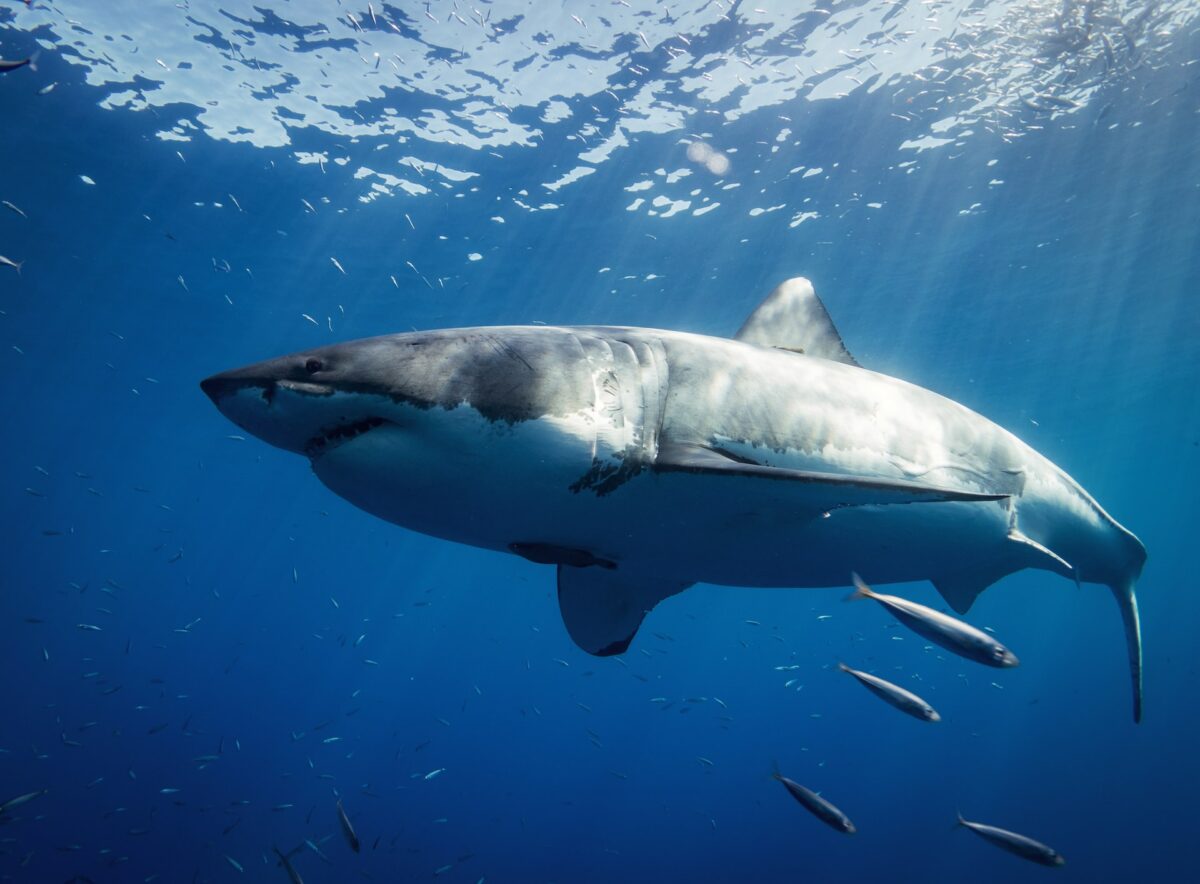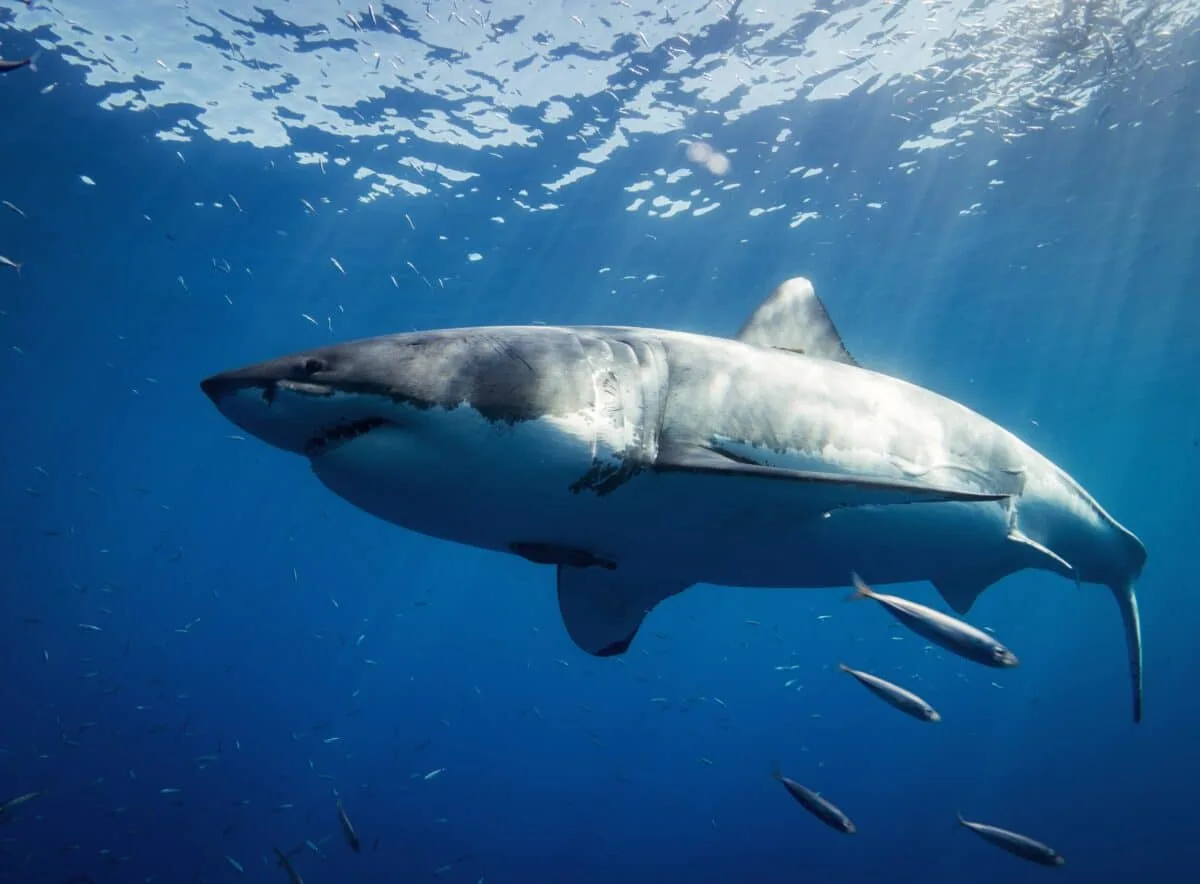Sharks, those awe-inspiring predators of the deep, have long been surrounded by myths that paint them as invincible creatures, impervious to the challenges that plague other species. One such misconception is the belief that sharks are immune to disease. While it’s true that these ocean giants possess an impressive immune system, the reality is more nuanced. Sharks, like all living organisms, can fall prey to diseases and health issues. Let’s dive into the depths of this myth and explore the fascinating truths about sharks and their susceptibility to diseases.
The Myth Unraveled: Sharks Are Not Invincible

Contrary to popular belief, sharks are not immune to disease. While it’s accurate that their immune systems are robust, they are not infallible. Sharks boast a remarkable set of defenses against infections, including specialized cells and proteins that help them ward off pathogens. However, this does not make them impervious to diseases. Environmental factors play a crucial role in determining the health of sharks, and their immune systems can be compromised by pollution, habitat degradation, and alterations in the ocean ecosystem.
Sharks, despite their formidable reputation, are not exempt from the consequences of environmental changes. Pollution in the oceans, driven by human activities, poses a significant threat to shark health. Chemical pollutants and plastic waste can contaminate their habitats, affecting water quality and food sources. Additionally, overfishing and habitat destruction disrupt the delicate balance of marine ecosystems, leaving sharks more vulnerable to diseases. Understanding these environmental factors is pivotal in dispelling the myth of shark invincibility and advocating for measures to protect their habitats.
Challenging Misconceptions for Conservation
Addressing the myth of shark invincibility is not merely about setting the record straight; it’s a crucial step in promoting shark conservation. Misconceptions surrounding these apex predators contribute to negative attitudes and, in turn, hinder conservation efforts. By acknowledging that sharks are susceptible to diseases and environmental threats, we can build a more accurate understanding of their role in the marine ecosystem. This awareness fosters a sense of responsibility to protect sharks and their habitats, ensuring the delicate balance of ocean life is maintained.
To make this exploration more intriguing, consider some fascinating facts. Did you know that sharks have been on Earth for more than 400 million years, predating dinosaurs? Despite their evolutionary success, many shark species are now facing threats due to human activities. Hammerhead sharks, for instance, are particularly vulnerable to overfishing and habitat loss. Such facts emphasize the urgency of dispelling myths and taking active steps toward shark conservation.
Wrapping Up With Sharks Are Not Immune To Disease
In conclusion, the myth of shark invincibility crumbles in the face of reality. Sharks, with their incredible adaptations, are not immune to diseases and environmental challenges. Recognizing their vulnerabilities is a vital step in fostering a more accurate understanding of these majestic creatures. By dispelling misconceptions, we pave the way for effective conservation efforts that are crucial for maintaining the health of our oceans and the intricate web of life within. Let’s appreciate the true marvel of sharks and work towards ensuring their survival in our ever-changing world.
Thank you for following along with this article –
Next up in the animal kingdom:
- Bald Eagle Family Expand Their Nest In California - April 24, 2024
- Firefighter Saves Abandoned Kittens Found Cuddling In Hoses - April 24, 2024
- Dolphins Get High Playing Catch With A Pufferfish - April 24, 2024


